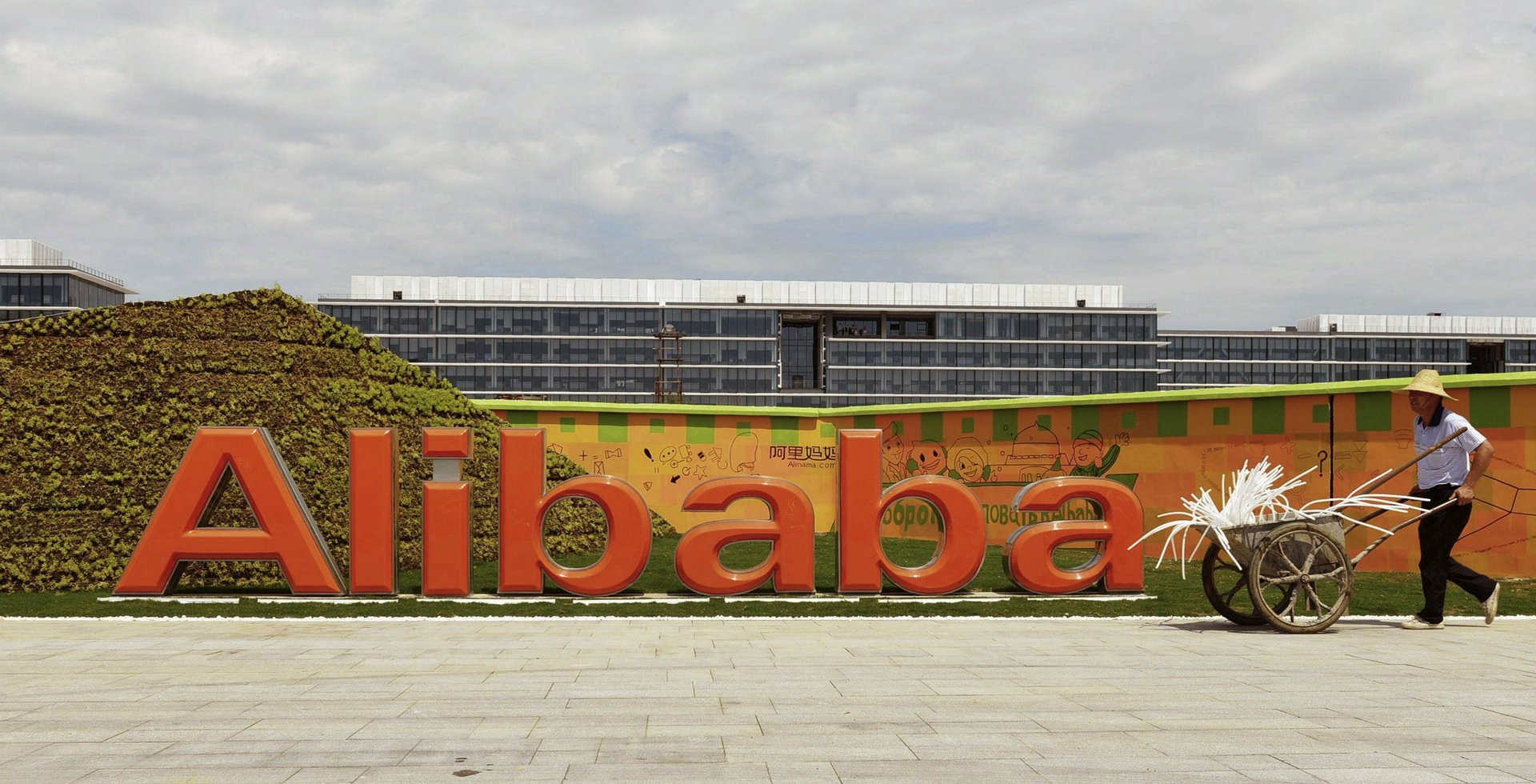Alibaba pulls another about-face, re-opening the door for a Hong Kong IPO
Alibaba is in no rush to go public, its top executives said in China on Thursday night, as they provided more than a glimmer of hope for the Hong Kong Stock Exchange, which only a few weeks ago appeared to be out of the running to host the IPO of China’s biggest internet firm.


Alibaba is in no rush to go public, its top executives said in China on Thursday night, as they provided more than a glimmer of hope for the Hong Kong Stock Exchange, which only a few weeks ago appeared to be out of the running to host the IPO of China’s biggest internet firm.
An initial public offering of the e-commerce giant, which analysts and investors once hoped could happen as early as this year, could raise as much as $25 billion and could value the company at more than $110 billion, according to the latest breathless analyst estimate. But a 2013 deal is now looking very unlikely, and there’s no guarantee it will happen in 2014 either.
“We decided to put down the issue after the last round of discussions,” chief executive Jonathan Lu Zhaoxi told reporters Thursday night in a press conference at the company’s Hangzhou headquarters.
Exchanges in New York and London have been wooing Alibaba after its falling-out with Hong Kong regulators. Alibaba founder Jack Ma wants to structure the IPO so that senior management maintains control of the company’s board after it goes public, which is not allowed under Hong Kong’s current rules. The New York Stock Exchange appeared to have the inside track for the deal, but now that, too, is uncertain .
“It takes time for Hong Kong to digest innovative management concepts,” Lu told reporters. But, he said, “Hong Kong has always been our favorite.”
That’s an about-face from just a few weeks ago, when a team from Alibaba headed to New York and vice chairman Joe Tsai asked pointedly whether Hong Kong was “ready to look forward as the rest of the world passes it by.” Just this week, Alibaba said it had approval from the NYSE and Nasdaq to let its founding management team control the nomination of directors.
“We have no timetable, no underwriters hired and no venue selected,” an Alibaba spokesman said Friday in response to questions seeking clarification on the reports.
Also on Thursday evening, in a move so perfectly timed as to make coincidence unlikely, Charles Li, the chairman of the Hong Kong exchange, published another of his lengthy blog posts, in which he seemed to leave a door open to the very structure that Alibaba proposed.
“Why do innovative companies deserve special consideration when it comes to governance?,” Li asked, then answered his own question in words that could have been written by Alibaba’s communications department:
Their success largely comes from the founder’s unique vision and plan, rather than other factors that drive business success in traditional companies. The vision and ideas of these founders are core assets of these companies. Protecting the founders and allowing them to deliver on their vision is usually in line with shareholders’ interests.
“Is the conflict between protecting shareholders and giving founders these special concessions a truly irreconcilable one?,” Li asked. No, he answered his own question, not if “the system is designed properly.”
What’s caused the change of heart between the feisty, entrepreneurial management of Alibaba and the deliberate and consensus-focused people who run the Hong Kong exchange is anyone’s guess right now. In large financial deals that draw international attention, like this one, speculation about Beijing’s influence is rampant, although the Hong Kong exchange says its decisions are taken completely independently.
In an unusual move, Alibaba executives said Thursday that maybe they handled things poorly, or at least their lawyers did. “We felt we were wronged,” Alibaba’s chief strategy officer Zeng Ming told the South China Morning Post. “I think, more than anyone else, Jack felt he was wronged. He was so full of enthusiasm and full of hope towards Hong Kong. But above all, we felt that we hadn’t done well enough on our side.”
Hong Kong was Alibaba’s top priority for a listing venue, he said, but the company didn’t adequately communicate its plans with regulators there. “We have relied too much on the lawyers of both sides to discuss issues on a technical level,” he said.